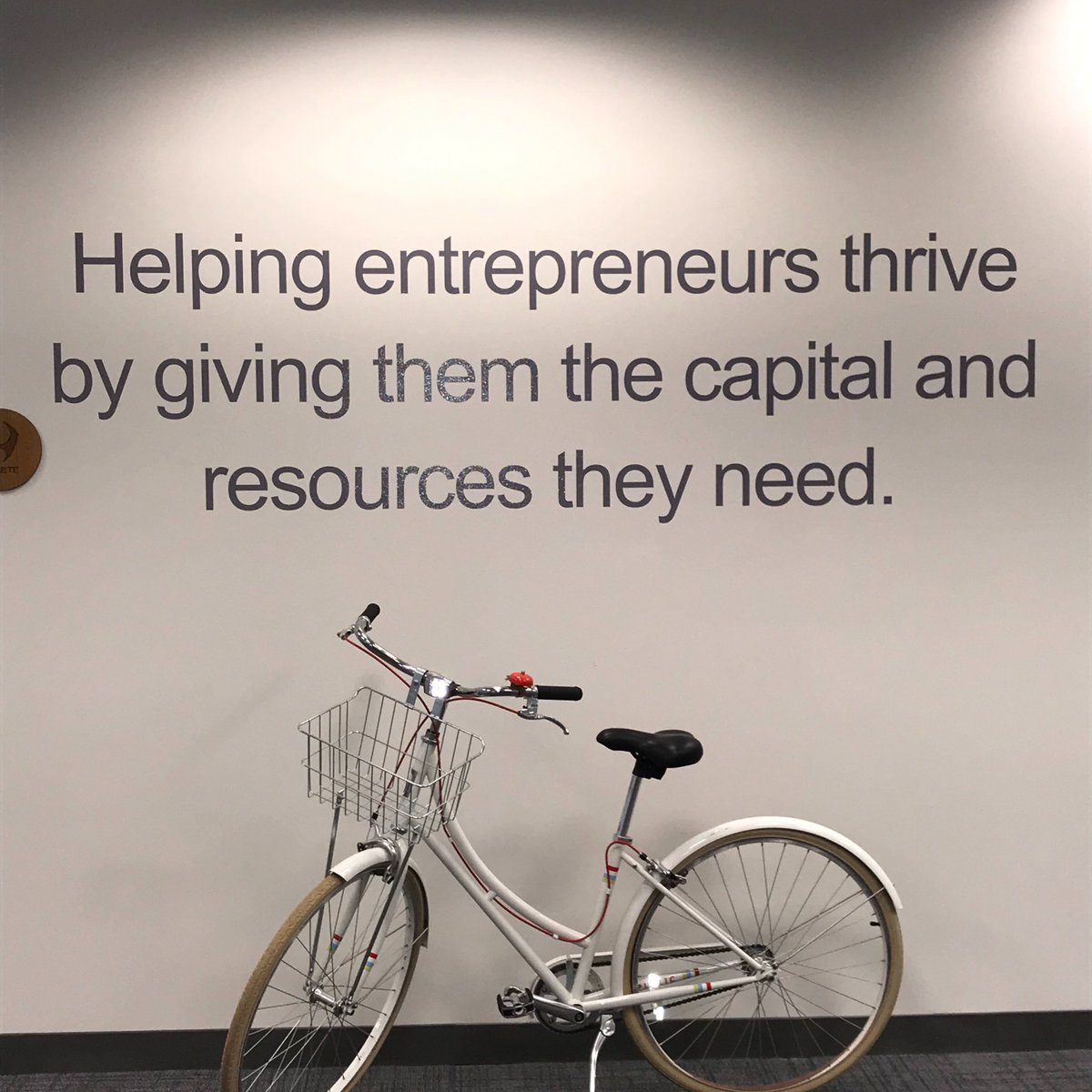Me : Hmmm. Ok, let us accept that there exists a collective called DevOps that people want to be part of (for reasons of self advancement). What values does it have?
Me : Those aren’t values (as in beliefs), they are universally useful principles (as in actions). Those principles are useful regardless of what collective you’re talking about. What are the beliefs / the values?
Me : Continuous improvement is on the list. Automation is a context specific play i.e. you can’t automate genesis, you can only automate those things which are more late product heading to commodity. So, once again values?
Me : Finally we have a belief, a quality, a value. Trust in what?
X : Trust in each other, in the promises we make.
Me : So does every other collective. That’s a norm. There are no long lasting collectives with a value of “we don’t trust each other”
Me : DevOps is a set of principles, ones which are universally useful. It’s a movement to diffuse those principles. Those principles will be absorbed and the very reason for the flag and identity of DevOps will cease to exist.
Me : DevOps is not a collective with a set of values and a specific culture … it is a marketing exercise, one which has benefits in diffusing a set of universally useful principles. It is transient and the idea of a DevOps culture is just pure bullshit.
Me : Give it 10-15 years and no-one will be talking DevOps, any more than they are talking Web 2.0 today.
X : What’s Web 2.0?
Me : It’s a new cultural phenomenon that … nah, it was a marketing term for set of universally useful principles.
Me : Ah … “trust” us? Every collective that has a single value based around a belief in trust tends to discover that it’s a marketing exercise for something else. Even cults have more values than that though I’m not saying that’s a good thing.
Me : Yes, but culture depends upon many components interacting with each other in a landscape of competing collectives with different values. Universal principles are useful to all collectives. That’s what DevOps is, principles not values nor a culture.
X : Are you anti DevOps?
Me : Are you a religion? What’s your values? Let me guess ... trust?
Me : You have no values beyond "trust" as in "trust us". DevOps is a set of universally useful principles applicable to all collectives regardless of their culture. There is no DevOps culture, there are just a set of principles to be acted upon.
Me : You should certainly take universally useful principles and apply them to your organisation i.e. focus on user needs, challenge assumptions, use a common language etc etc ... you need to also be mindful of how your culture will react / respond.
Me : Go make an announcement in your town hall or newsletter or vision statement (a system of engagement) that you're going to all become a new DevOps culture (and by implication the past culture wasn't good enough). Watch that sense of belonging tumble ...
Me : In my experience, most of those cases are down to exec failure to anticipate effectively. The problem you have is a collective has a memory. That "shock" will ripple through your future culture.
Me : Tricky. I've seen too many organisations that have either resorted to gang mentality or show signs of abuse to know that strong values can only be used to paper over some sins for so long.
Me : No, it's an example of why you need to think. It's important to understand your landscape, your real values (not just useful principles like "focus on user needs") and the state of your culture.
X : That's too much.
Me : 2x2?
Me : Lol. The general who wins the battle makes many calculations in his temple before the battle is fought. The general who loses makes but few calculations beforehand.
Me : It doesn't. It's a set of tools designed to encourage universally useful principles of communication (a necessity for collaboration) and challenge. It has a context specific play being open ...
But those beliefs of freedom from tyranny, inclusion and collective good are my beliefs which I impose.
Me : By use of gifting. I found mapping useful to me hence I gifted it under creative commons but this was a deliberate act, a collective approach of sharing to help others.









